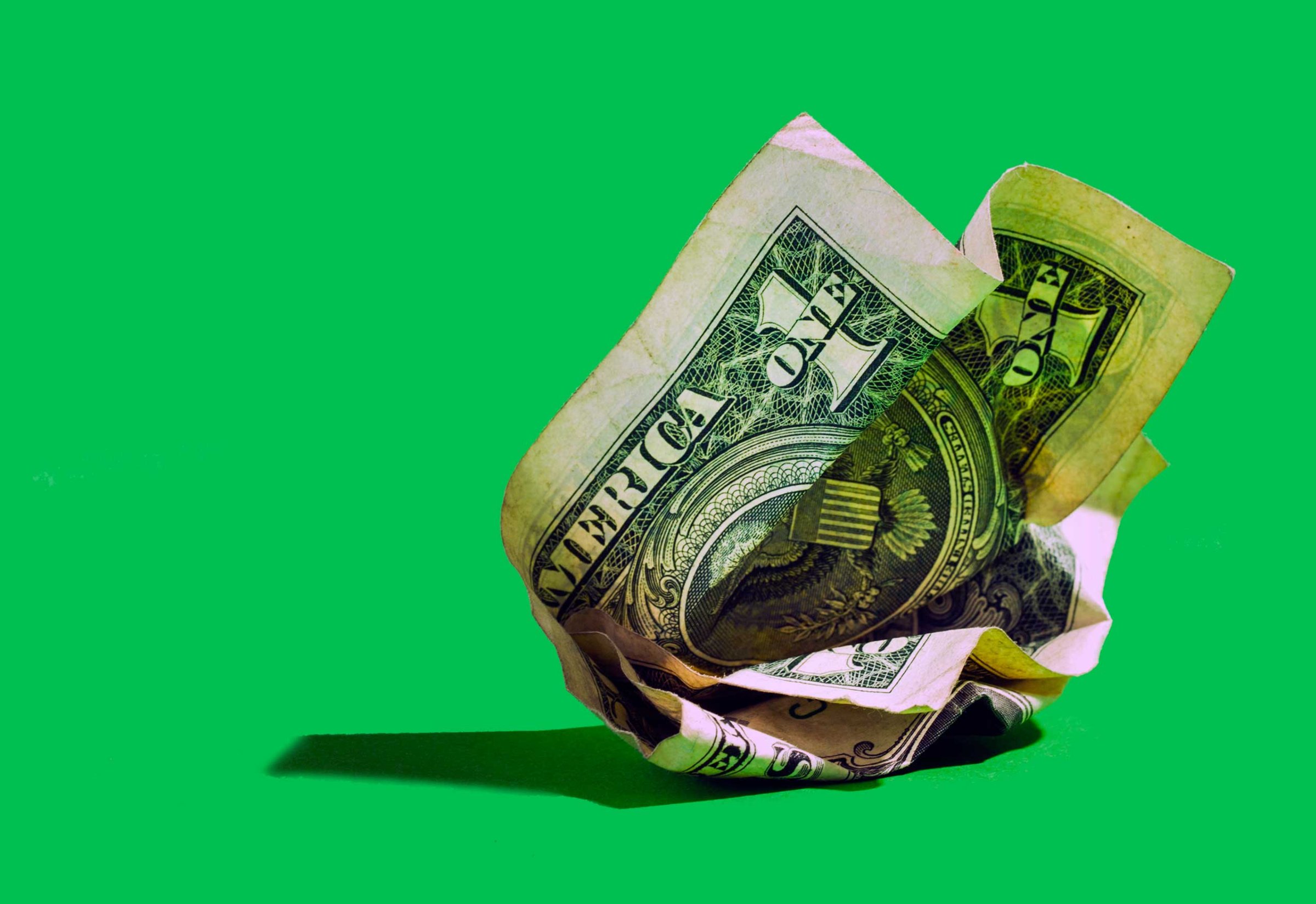
The idea of putting an end to tipping has been gaining some traction the United States recently, with some restaurants deciding to ban the practice and restaurant experts also speaking up, especially as momentum builds for increasing the minimum that tipped servers would take home. But this isn’t the first time a business has tried to make that change.
For example, in the late 1940s, the Chesapeake & Ohio Railroad declared that tipping in its dining cars was “unworthy of American labor” and “an imposition on the customer.” But the change didn’t stick. In 1950, the company went back to the old way. It turned out that not tipping was just too darn awkward.
Here what happened, as TIME explained back then:
Waiters, though they got a raise, had proved incapable of purging their features of all hope. And most customers had been plain miserable —uncomfortable if they slipped a clandestine coin under a saucer, more uncomfortable if they didn’t. Said the C. & O. sternly: “Too many persons lack the courage to participate in an experiment that breaks with custom.”
Read more about the minimum-wage debate, here in TIME: The Real Meaning of $9 an Hour
More Must-Reads from TIME
- Where Trump 2.0 Will Differ From 1.0
- How Elon Musk Became a Kingmaker
- The Power—And Limits—of Peer Support
- The 100 Must-Read Books of 2024
- Column: If Optimism Feels Ridiculous Now, Try Hope
- The Future of Climate Action Is Trade Policy
- FX’s Say Nothing Is the Must-Watch Political Thriller of 2024
- Merle Bombardieri Is Helping People Make the Baby Decision
Write to Lily Rothman at lily.rothman@time.com